Federacion Nacional de Cafeteros de Colombia
Institution - General description:
The National Federation of Coffee Growers of Colombia (FNC) is a non-profit organization founded in 1927 that represents more than 500,000 coffee-growing families across the country. Its main goal is to promote and strengthen Colombian coffee farming, ensuring the well-being of coffee farmers and the quality of Colombian coffee in international markets. The FNC plays a key role in research, development, and technology transfer through its scientific branch, the National Coffee Research Center (Cenicafé), established in 1938. Cenicafé is a leading research center on topics related to coffee farming, including the development of disease-resistant varieties, innovations in coffee processing and drying, and the implementation of sustainable production practices.
Currently, Cenicafé has modern facilities dedicated to research in various areas, such as agronomy, biotechnology, engineering, and coffee economics, with the aim of improving the productivity, quality, and sustainability of Colombian coffee. Additionally, Cenicafé works closely with the FNC to transfer the results of its research to coffee growers through technical extension and training programs.
The FNC and Cenicafé also collaborate on international projects, promoting innovation and the exchange of knowledge on topics related to sustainable coffee farming. These institutions have positioned Colombia as a global leader in the production of high-quality coffee, contributing not only to the country's economic development but also to the global recognition of Colombian coffee as one of the best in the world.
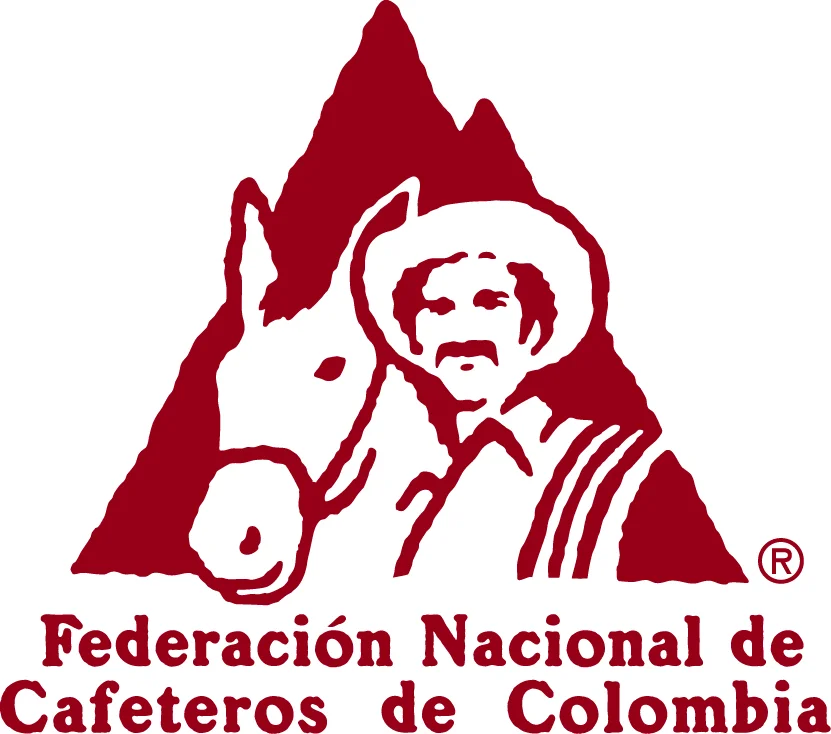
Links:
- Main website: https://www.cenicafe.org; https://federaciondecafeteros.org
- Team website: https://www.cenicafe.org/es/index.php/quienes_somos/nuestra_gente_por_disciplina/Poscosecha
Team Bio:
The Postharvest and Engineering Department of Cenicafé, the research arm of the National Federation of Coffee Growers of Colombia, is at the forefront of innovation and technological development for Colombian coffee production. With a deep understanding of the entire coffee value chain, the department focuses on the critical postharvest stages, ensuring the quality and sustainability of Colombian coffee from farm to cup. Its work is essential for maintaining the country’s status as one of the world's top producers of premium coffee.
This department specializes in developing new technologies for coffee drying, processing, and storage. By integrating sustainable practices, it seeks to improve both the efficiency of coffee production and the environmental impact of postharvest activities. Cenicafé's engineers and scientists design advanced mechanical and solar dryers, improve fermentation processes, and work on optimizing the mechanical hulling and sorting of coffee beans, ensuring that coffee farmers can consistently deliver high-quality products to international markets.
Research within this department covers a broad range of activities, from mechanical engineering and renewable energy applications, such as solar and biomass-powered dryers, to digital innovations like sensors and systems for monitoring humidity and temperature during drying. The department’s work also extends to designing equipment that is affordable and accessible to smallholder farmers, ensuring that technological advancements benefit the entire coffee-growing community, regardless of farm size.
In addition to its technical expertise, the department places a strong emphasis on knowledge transfer and capacity building. Through Cenicafé’s collaboration with the Federation’s extensive extension network, the department provides hands-on training and technical support to coffee farmers, helping them implement the latest postharvest innovations and improve their production processes. This integration of cutting-edge research with field-level application is a key
factor in enhancing the competitiveness and sustainability of Colombian coffee.
Furthermore, the Postharvest and Engineering Department is involved in international collaborations, exchanging knowledge on sustainable postharvest technologies and sharing its expertise with other coffee-producing regions. By leading research in energy-efficient and environmentally friendly coffee processing methods, Cenicafé continues to contribute to the global coffee industry, ensuring that Colombia remains a leader in coffee science and innovation.
- Link to the team website: https://www.cenicafe.org/es/index.php/quienes_somos/nuestra_gente_por_disciplina/Poscosecha
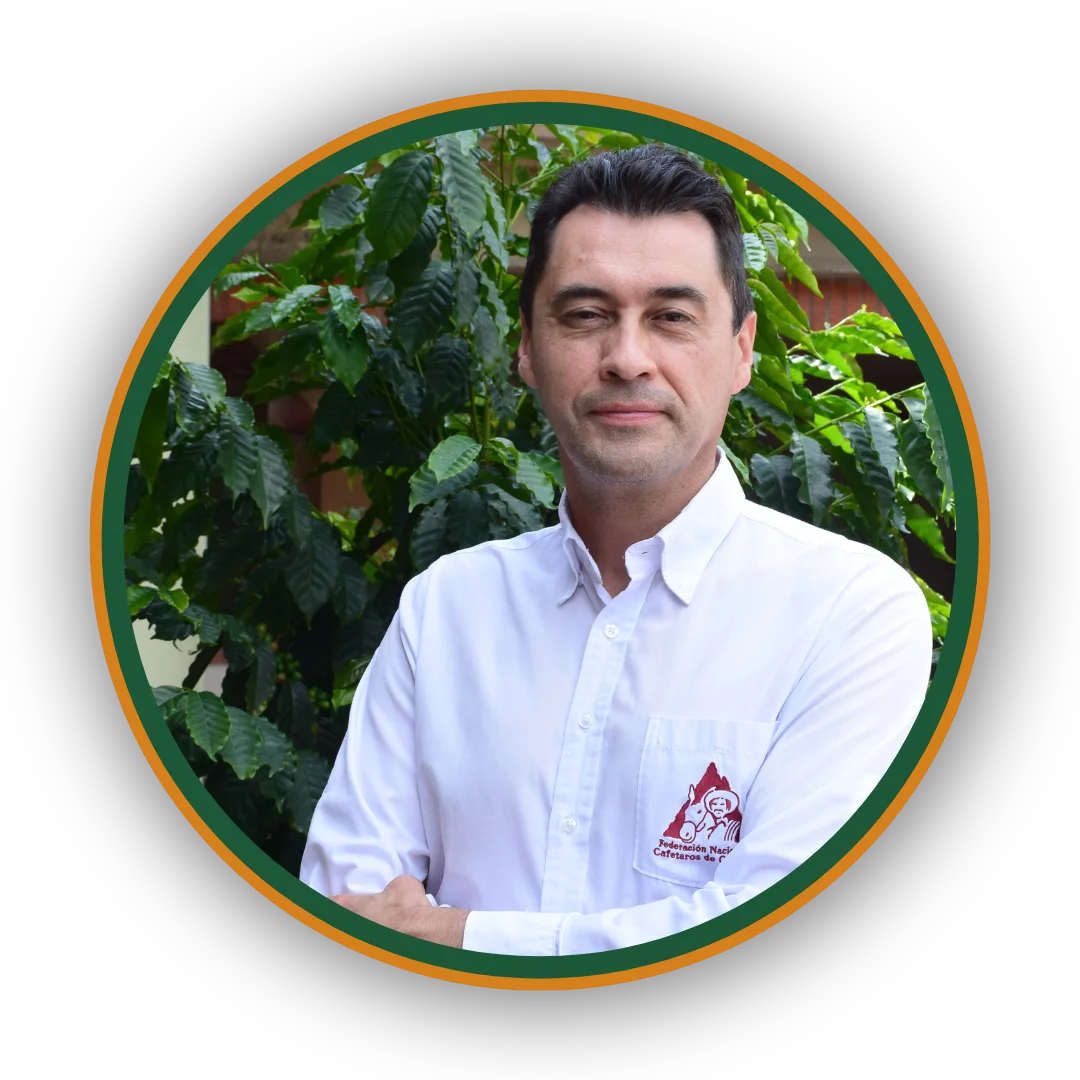
Dr. Álvaro León Gaitán Bustamante:
Dr. Gaitán is the Director of Cenicafé, the National Coffee Research Center of Colombia. He holds a PhD in Plant Pathology from Cornell University and has extensive experience in coffee crop health and disease management. Dr. Gaitán has dedicated his career to advancing scientific research and innovation in coffee cultivation, focusing on improving productivity, sustainability, and resilience in the face of challenges such as climate change. As Cenicafé's director, he leads the institution's efforts to support Colombian coffee growers through cutting-edge research, ensuring the quality and sustainability of Colombia's coffee industry.
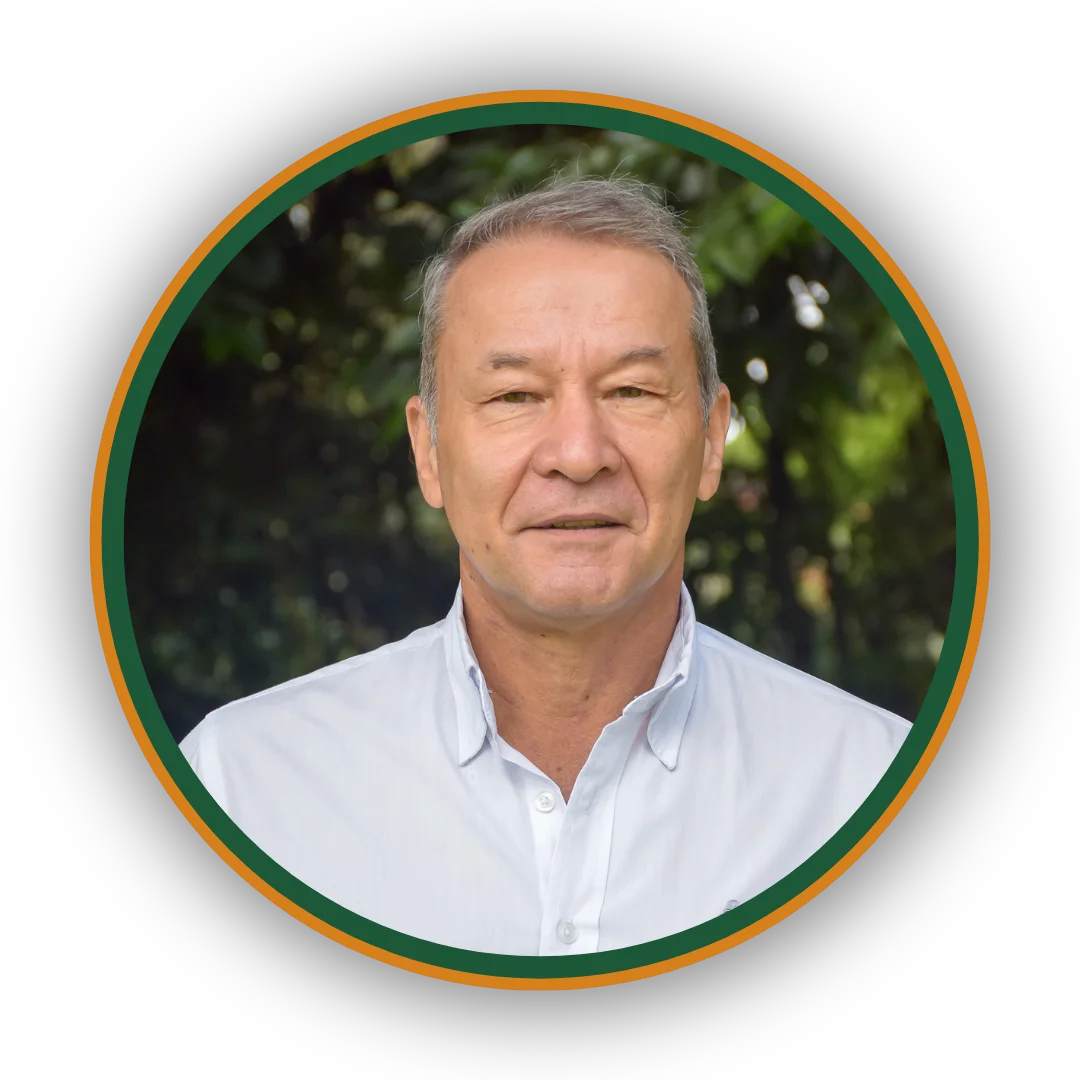
Dr. Juan Rodrigo Sanz-Uribe:
Dr. Sanz Uribe holds a PhD in Mechanical Engineering from the University of Wisconsin and is the leader of the postharvest discipline at Cenicafé. With over 30 years of experience, he has been at the forefront of integrating sustainable and efficient technologies for coffee growers in Colombia. His expertise covers a wide range of postharvest processes, including drying, fermentation, pulping, harvesting, and the management of coffee production byproducts. Dr. Sanz Uribe is committed to enhancing coffee quality while promoting environmentally responsible practices in the coffee industry.
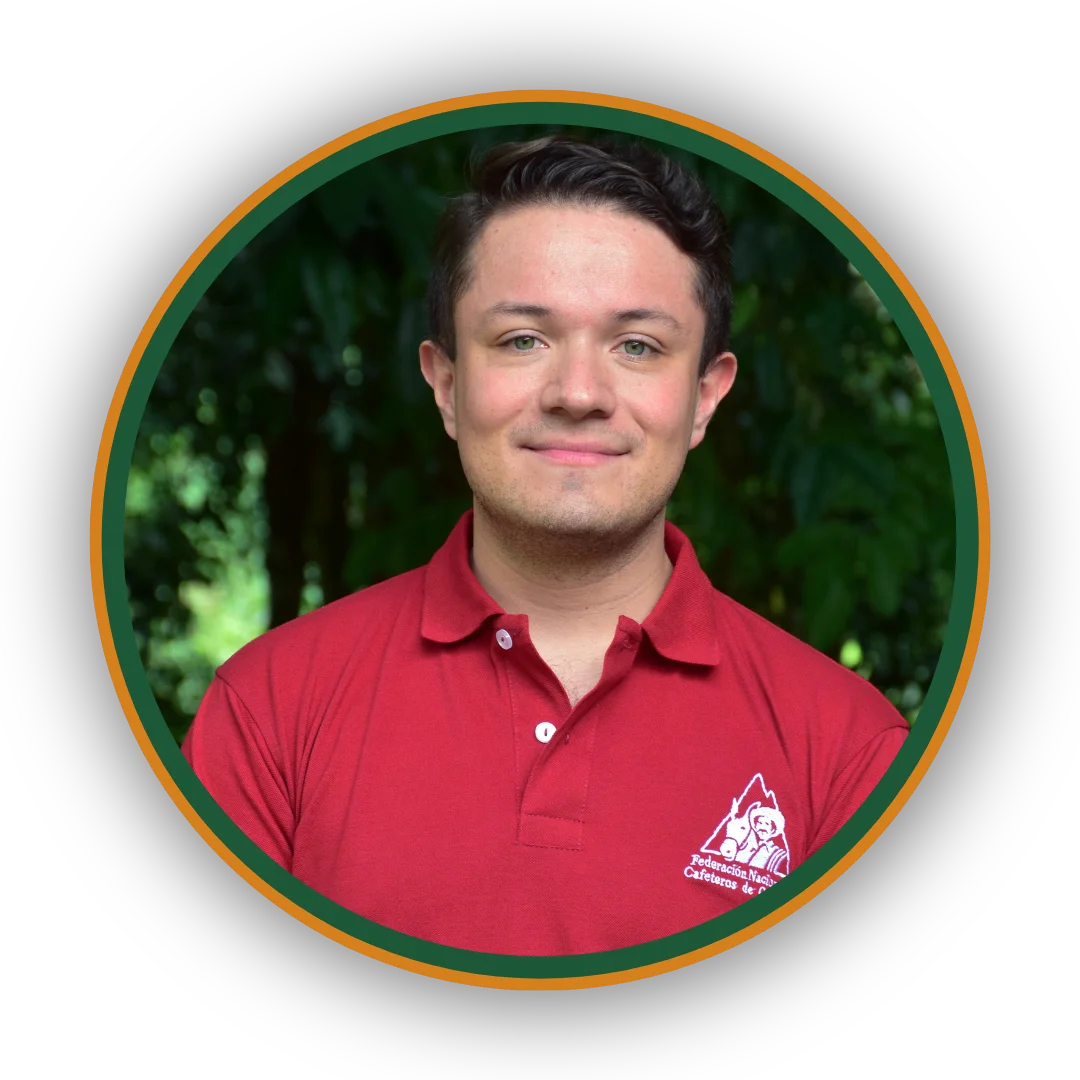
Dr. Eduardo Duque Dussán
Dr. Eduardo is a researcher at Cenicafé, the National Coffee Research Center of Colombia, holding a PhD in Engineering with a focus on sustainable technologies. Specializing in post-harvest processing, coffee drying methods, and the management of coffee production byproducts, Dr. Duque integrates renewable energy solutions and sustainability practices to enhance coffee production efficiency and environmental impact. With over 10 years of experience, including work in organic waste management, biogas production, and biofuel development, his international projects across Asia and Africa emphasize improving productivity, sustainability, and resilience in coffee cultivation while addressing climate change and resource management challenges.
Socials:
Instagram: dr.odd8
Website: www.eduardodd.com
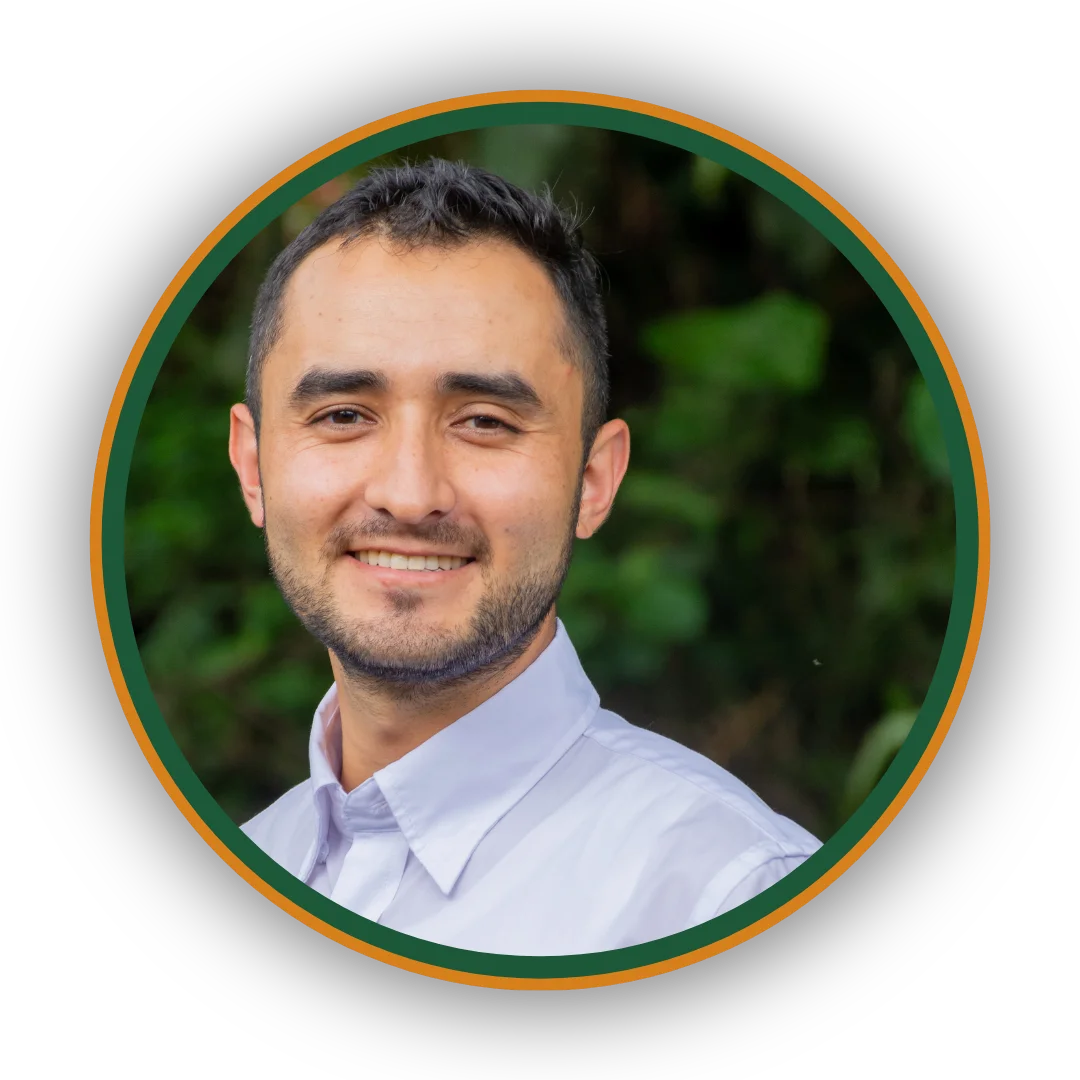
MSc. Álvaro Guerrero Aguirre
Álvaro is an Electrical and Electronic Engineer with an MSc, currently working at Cenicafé, the National Coffee Research Center of Colombia. He is pursuing a PhD in Agricultural Engineering at the University of Wisconsin. Guerrero specializes in integrating advanced electrical and electronic technologies into agricultural practices, particularly in coffee processing and post-harvest technologies. His work focuses on developing and optimizing coffee production systems, enhancing their efficiency, functionality, and sustainability. Through his contributions, Guerrero plays a crucial role in implementing innovative solutions that improve productivity and sustainability in Colombia's coffee industry.
Institutional social media links:
LinkedIn:
- https://www.linkedin.com/company/federacion-nacional-de-cafeteros-de-colombia-fnc/
- https://www.linkedin.com/company/national-coffee-research-center-cenicaf-/
Instagram: